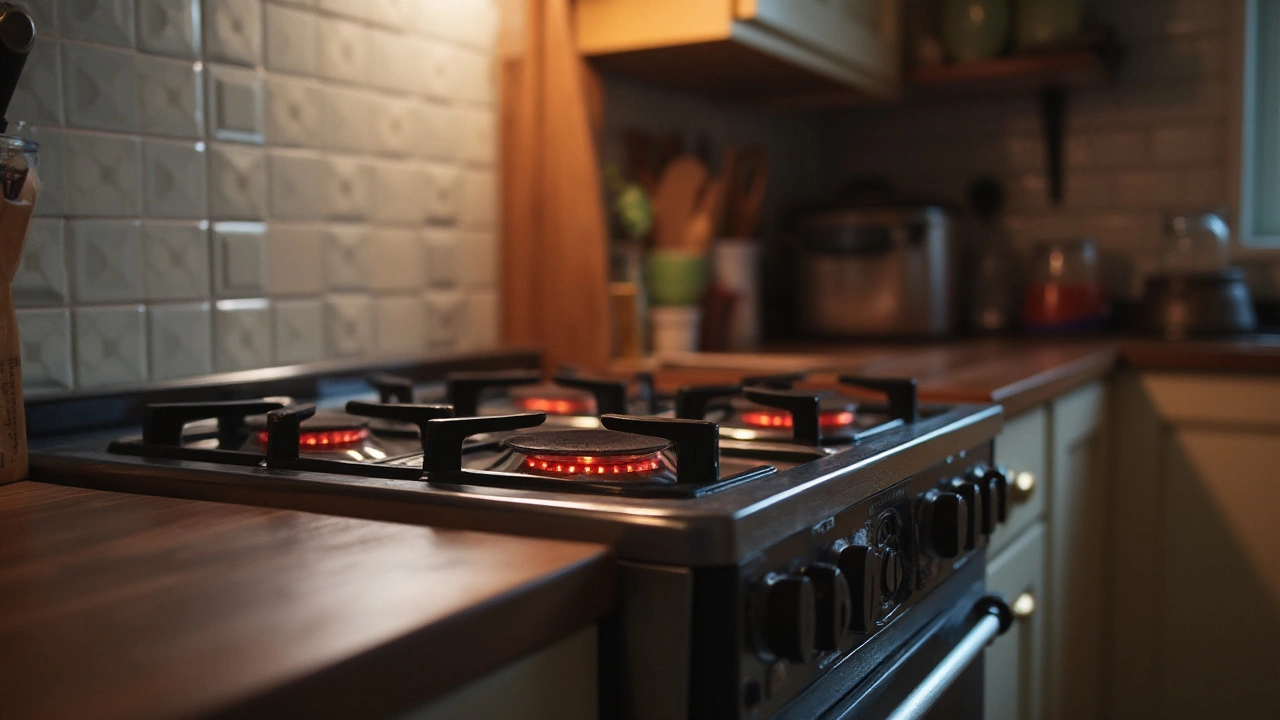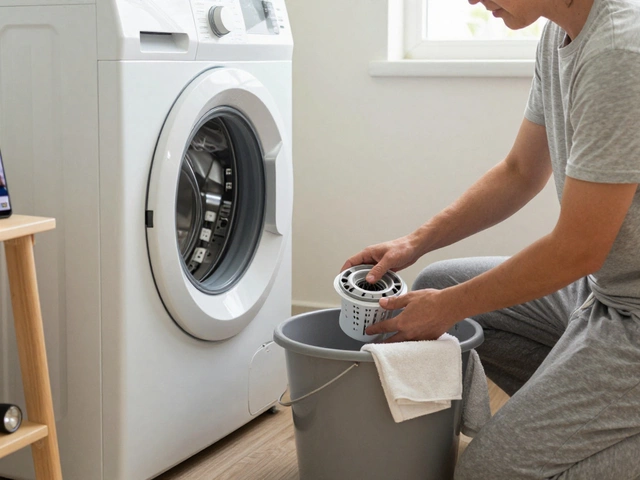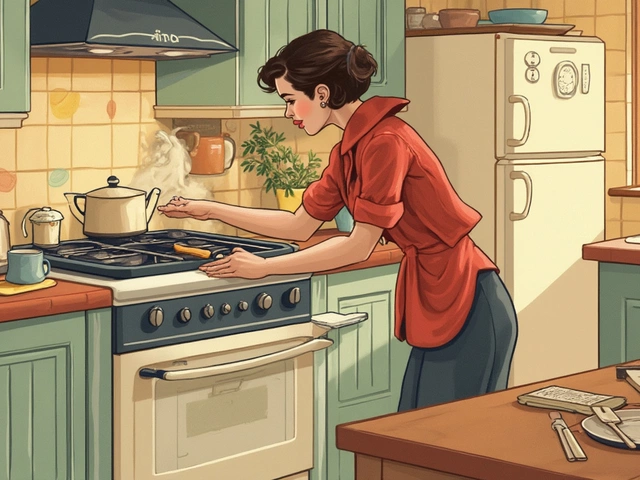Can You Repair a Washing Machine Yourself? A Realistic Guide for New Zealand Homes
December 4 2025Electric Stove Repair and Maintenance – Simple Tips for Bedford Homeowners
If your electric stove is acting up, you don’t need to panic. Most problems are easy to spot and can be fixed with a few tools you already have. Below you’ll find the most common issues, quick fixes, and clear signs that it’s time to call a qualified engineer.
Common Issues & Quick Fixes
1. Burners won’t heat. First, make sure the stove is plugged in and the circuit breaker hasn’t tripped. If power is fine, remove the burner element and clean any food residue or grease that might be insulating it. A soft brush or cloth does the job. Once it’s clean, reseat the element and test.
2. Uneven heating. This often means the heating element is wearing out or the temperature sensor is dirty. Turn off the stove, let it cool, then wipe the sensor with a damp cloth. If the problem persists, the element may need replacing – it’s a simple swap for most models.
3. Clicking or buzzing sounds. Electric hobs sometimes make a faint click when they’re trying to ignite. If the sound is constant, check for loose wiring behind the control panel. Tighten any loose screws and make sure the wiring connectors are snug. Safety first – if you’re unsure, stop and call a pro.
4. Stovetop won’t power on. Look at the fuse or circuit breaker dedicated to the kitchen appliances. A tripped breaker can be reset, but if it trips again, there could be a short in the stove’s wiring. Replace the fuse only if you’re confident the issue isn’t deeper.
5. Smell of burnt plastic. This usually signals a burnt element or a melted cable. Turn the stove off immediately, unplug it, and inspect the element for any visible damage. If the element looks blackened or the cable is melted, replace the part before using the stove again.
When to Call a Professional
While many fixes are DIY‑friendly, some situations need a certified engineer. If you notice any of the following, stop trying to repair yourself:
- Repeated breaker trips even after you’ve checked the wiring.
- Exposed wires or scorch marks inside the control panel.
- The stove still won’t heat after you’ve cleaned and reseated the elements.
- Water damage from a leak that reached the electrical components.
Our team in Bedford is trained to handle both gas and electric appliances, so we can safely diagnose and fix the issue. We’ll also run a full safety check to make sure the stove complies with UK electrical standards.
Regular maintenance can keep your electric stove running smoothly for years. Once a month, wipe down the surface, clean the burners, and check the wiring for any signs of wear. A quick visual inspection can spot problems before they become costly repairs.
Remember, safety comes first. If you ever feel unsure about a repair, give us a call. We’ll schedule a visit, explain what’s wrong, and provide a clear, upfront quote. No hidden fees, just honest service.
With these tips, you’ll spend less time troubleshooting and more time cooking the meals you love. Keep your stove clean, stay alert for warning signs, and enjoy a reliable kitchen every day.
 7 Mar
7 Mar
Is It Worth It to Repair an Electric Stove?
Electric stoves are essential kitchen appliances, but when they break down, deciding whether to repair them can be confusing. This article explores the practicality and cost-effectiveness of fixing an electric stove, while offering practical tips for troubleshooting common issues. Learn about the signs that signal the need for repair versus replacement, and gain insights into potential costs. Additionally, discover easy DIY fixes that may prolong your stove’s life and save you money. Get informed and make the best choice for your home.
Read More... 5 Dec
5 Dec
How to Identify a Malfunctioning Electric Stove Element
Discover the signs of a faulty electric stove element to efficiently address kitchen appliance issues. This guide provides insights into typical symptoms, such as uneven heating and visual damage, helping you to diagnose potential problems. Tips on safe testing and maintenance advice ensure you can handle minor repairs or know when to call a professional. Understanding your stove's inner workings can save time and costs, preserving the life of your appliance.
Read More...



